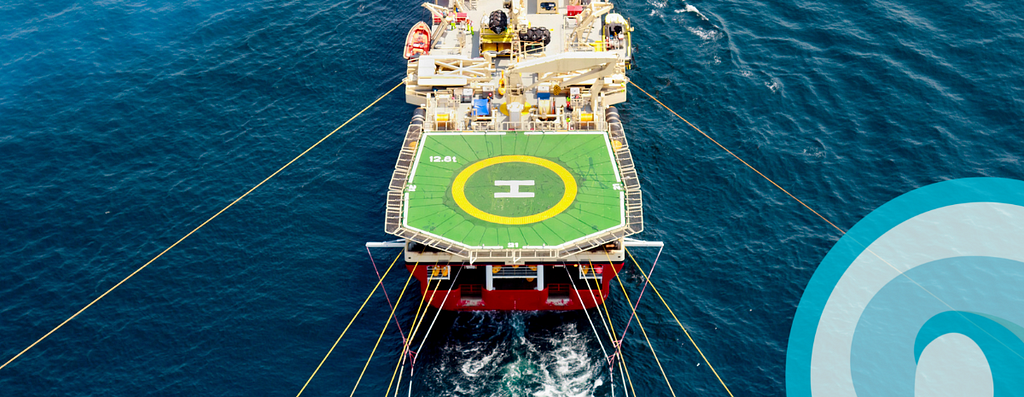AMA #26 with Dr. Simon Elwen from Sea Search

It’s frustrating when there are loud construction noises outside your windows at inconvenient times. No one enjoys when a roaring motorcycle drives by right as you answer a phone call. Even the sound of your rambunctious upstairs neighbor’s speakers can cause a nauseating headache, while you’re trying to sleep at night. We put up with these noises because, while annoying, they don’t threaten our long-term health in any way.
Imagine if, for months on end, ear-piercing detonations that cause hearing loss went off every 10 seconds. Now, imagine if you relied on your hearing abilities, in order to eat, sleep, and communicate with others.
The fossil fuel industry is responsible for the potential hearing loss of thousands of sea mammals because of their seismic blasting practices. Seismic blasting is an oil exploration tactic, used to map out offshore oil deposits for potential drilling. The process involves dragging airguns through the ocean, which release highly-pressurized explosions every 10 seconds.
These seismic blasts are detrimental to animals like dolphins, whales, porpoises, and other creatures that rely on echolocation and hearing, in order to perform essential survival functions. The blasts stress animals out! Seismic blasting also reduces fish catch, and encourages further offshore drilling endeavors.
On Thursday, February 3rd, we’ll be talking with Dr. Simon Elwen, founder of Sea Search: Research, Conservation, Education, about the issue of seismic blasting. Join SEA live on our Instagram page at 14:00 UTC to learn more about how seismic blasting is hurting ocean life. Simon has spent his career studying marine mammals, and lives in a region battling oil companies (and seismic blasting) themselves.
Sea Search is a scientific organization that collects field data and carries out research on marine life off the coast of Cape Town, South Africa. Simon, both the founding director and principal scientist of Sea Search, is particularly interested in studies that examine how marine mammals react and adapt to changes in the environment. This is especially relevant because of the many ways that human activity adversely affects marine life (including seismic blasts).
The South African coast is known as a global hotspot for its diversity of ocean life, particularly cetacea. In case you didn’t study marine biology, cetacean species are aquatic mammals you might have heard of, such as sperm, orca, blue, or humpback whales. Other types of whales, dolphins, and porpoises are also cetacean–and 30 different species live along the coast of South Africa.
Sea Search’s research projects sometimes focus on the bioacoustics of marine mammals. One research project in particular studies the behavioral acoustics of humpback whales as thousands of them are known to gather off the West Coast of South Africa to feed, socialize, and sing. These whales are threatened by seismic blasting activities, as the noise impacts their ability to communicate and hear. We hope to learn more about these and other related projects on Thursday.
SEA’s AMAs are a chance for our community to interview an expert on an ocean-related topic. Got a question about seismic blasting, its impacts on marine mammals, or biodiversity off the coast of South Africa? Send us your questions for Simon on Twitter for a chance to win $20 worth of $SEA.

Leave a Reply